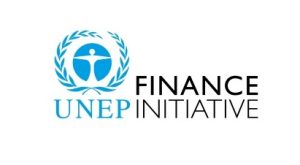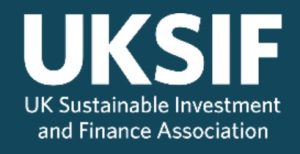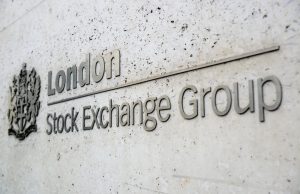SMSG Give Advice on ESG Greenwashing
The Securities and Markets Stakeholder Group (SMSG) under the European Securities and Markets Authority (ESMA) put forward advice on the problem of ESG greenwashing.
SMSG is composed of 30 experts representing different types of financial markets. It can provide policy suggestions to ESMA, especially on sustainable finance and financial innovation aspects. The regional and industrial diversity of SMSG members can convey a more comprehensive view.
Comprehensive Advice on Greenwashing
SMSG gives advice on the following five aspects:
- SMSG believes that regulators need to give clear definitions of terms such as “green”, “ESG”, “sustainable” and “influence investment”, and the classification of Article 8 and Article 9 of the Fund also needs to be clearer;
- SMSG believes that the existing policy framework has left greenwashing space for financial institutions, and the existing problems need to be solved before new regulatory regulations are proposed;
- SMSG believes that there should be a distinction between unintentional greenwashing and intentional greenwashing. The unintentional greening may be related to the deviation of data calculation and the understanding of regulatory policies, but it should be separated from intentional greening;
- SMSG believes that the ESG market should include the primary market, the secondary market and the derivatives market, and form a relevant value chain in solving greenwashing;
- SMSG believes that there are differences between the description of ESG financial products and the actual expectations of investors, and reliable data and rating methods can reduce misunderstanding between the two parties in communication;

SMSG’s Interpretation of Each Recommendation
SMSG explained each recommendation as follows:
- In terms of ESG definitions, SMSG believes that different industries have different understandings of these terms, and there is no consistent definition in the field of sustainable finance. At the same time, the current judgment on greenwashing is more concentrated in the field of environment, and less progress has been made in social and corporate governance (for example, diversity washing at the social level). If regulators want to define “greenwashing”, they also need to define “green”, “sustainable” and other related words.
- In terms of existing ESG regulations, SMSG believes that CSRD, SFDR and other regulatory policies are being put forward, but the currently implemented regulations need to be improved first. The three European regulatory agencies (ESMA, EBA, EIOPA) can provide the market with some cases of greenwashing in violation of current regulations, so as to provide market participants with transparent guidance.
- In terms of ESG’s greenwashing motivation, SMSG believes that the problem of “misleading” and “misunderstanding” always exists, which is not only related to the deviation of financial products in terms of publicity, but also related to the lack of consistent definition of ESG terms. Therefore, there may be unintentional greening. At the same time, the inadequacy of existing ESG data and the diversity of ESG measurement standards also require regulatory authorities to distinguish between unintentional greenness.
- In terms of ESG market development, SMSG believes that the future sustainable market will cover the primary market (green bond issuance and green IPO), secondary market and derivatives market. From the perspective of intermediaries, market makers and investors, every market is indispensable. A complete market can also improve the ability to deal with greenwashing and form an ESG financial ecosystem.
- In terms of ESG data and ratings, SMSG believes that the current lack of data and the diversity of rating standards make it difficult for the financial industry to measure the difference between the ESG performance of products and the actual publicity, and it is also difficult for investors to study the ESG attributes of products independently. Standardized data and transparent rating methods can solve the misunderstanding between the two sides in communication, and can also solve the problems of unintentional greening.
Reference:





